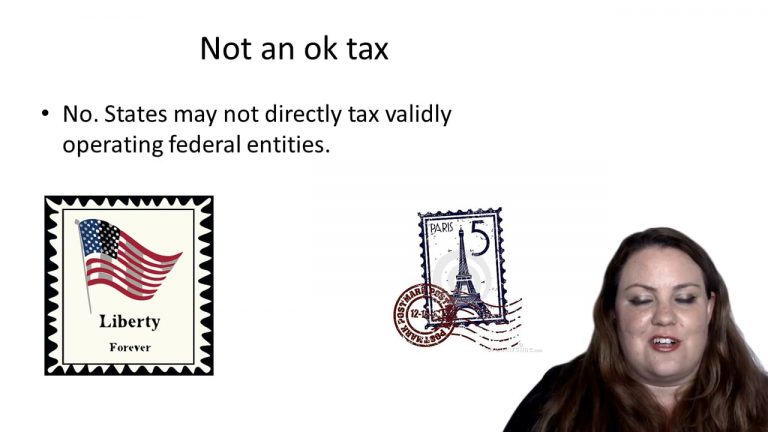SmartBrief
Confirm favorite deletion?
Constitutional Law Keyed to Choper
Shelby County v. Holder
Citation:
570 U.S. 529, 133 S.Ct. 2612, 186 L.Ed.2d 651 (2013).Facts
The Voting Rights Act of 1965 (the “Act”) was enacted as a response to the nearly century-long history of voting discrimination. Section 5 prohibits eligible districts from enacting changes to their election laws and procedures without gaining official authorization. Section 4(b) defines the eligible districts as ones that had a voting test in place as of November 1, 1964 and less than 50% turnout for the 1964 presidential election. Such districts must prove to the Attorney General or a three-judge panel of a Washington, D.C. district court that the change “neither has the purpose nor will have the effect” of negatively impacting any individual’s right to vote based on race or minority status. Section 5 was originally enacted for five years, but has been continually renewed since that time.
Shelby County, Alabama, filed suit in district court, seeking both a declaratory judgment that Section 5 and Section 4(b) are unconstitutional and a permanent injunction against their enforcement.
Only StudyBuddy Pro offers the complete Case Brief Anatomy*
Access the most important case brief elements for optimal case understanding.
*Case Brief Anatomy includes: Brief Prologue, Complete Case Brief, Brief Epilogue
- The Brief Prologue provides necessary case brief introductory information and includes:
Topic:
Identifies the topic of law and where this case fits within your course outline.Parties:
Identifies the cast of characters involved in the case.Procedural Posture & History:
Shares the case history with how lower courts have ruled on the matter.Case Key Terms, Acts, Doctrines, etc.:
A case specific Legal Term Dictionary.Case Doctrines, Acts, Statutes, Amendments and Treatises:
Identifies and Defines Legal Authority used in this case.
- The Case Brief is the complete case summarized and authored in the traditional Law School I.R.A.C. format. The Pro case brief includes:
Brief Facts:
A Synopsis of the Facts of the case.Rule of Law:
Identifies the Legal Principle the Court used in deciding the case.Facts:
What are the factual circumstances that gave rise to the civil or criminal case? What is the relationship of the Parties that are involved in the case.Issue(s):
Lists the Questions of Law that are raised by the Facts of the case.Holding:
Shares the Court's answer to the legal questions raised in the issue.Concurring / Dissenting Opinions:
Includes valuable concurring or dissenting opinions and their key points.Reasoning and Analysis:
Identifies the chain of argument(s) which led the judges to rule as they did.
- The Brief Prologue closes the case brief with important forward-looking discussion and includes:
Policy:
Identifies the Policy if any that has been established by the case.Court Direction:
Shares where the Court went from here for this case.
Topic Resources
Topic Outline
Topic Refresher Course

 14m 29s
14m 29s